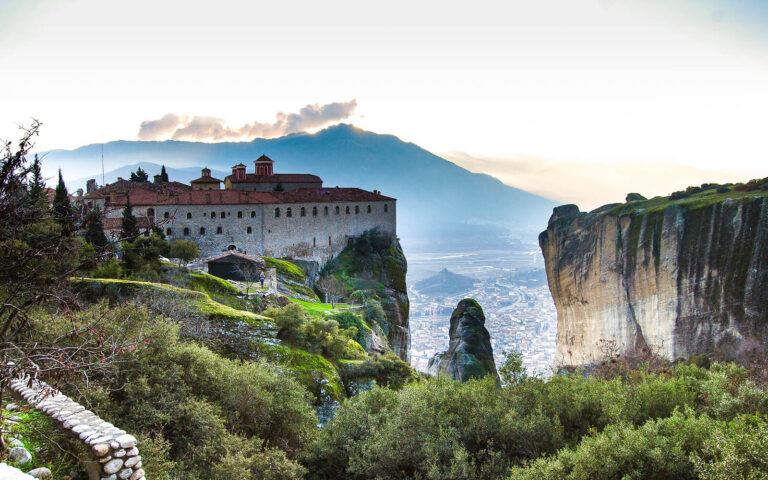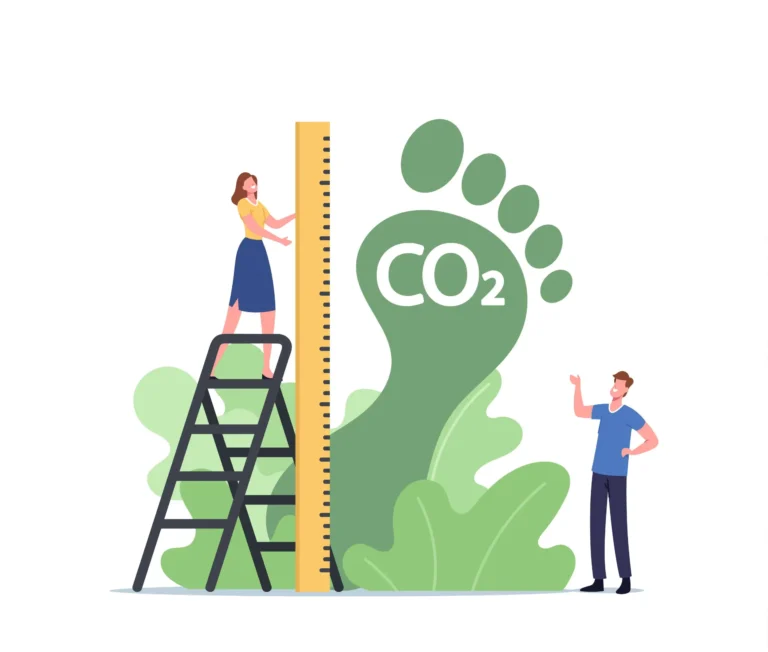Northern Greece, renowned for its stunning landscapes and rich cultural heritage, is confronting the harsh realities of global warming. As temperatures rise and weather patterns shift, the region faces significant challenges, from altered ecosystems to socio-economic implications. This article delves into the nuanced impacts of global warming on Northern Greece and explores potential strategies to mitigate its effects.
Impact on Ecosystems
Social and Economic Implications
Adaptation and Mitigation Strategies
Addressing the impacts of global warming in Northern Greece requires a multifaceted approach that combines adaptation and mitigation strategies. Investing in climate-resilient agriculture, such as drought-resistant crops and efficient irrigation systems, can help farmers adapt to changing conditions. Furthermore, promoting sustainable tourism practices and eco-friendly initiatives can reduce the carbon footprint of the tourism industry while preserving the region’s natural beauty.
Collaborative Efforts and Policy Interventions
Opracowały: Maria Glapińska, Maria Firlej, Marianna Stefanowska, Marta Wróbel, Justyna Walędziak – Rosiak z II Liceum Ogólnokształcącego im. Stefana Żeromskiego w Sieradzu.




